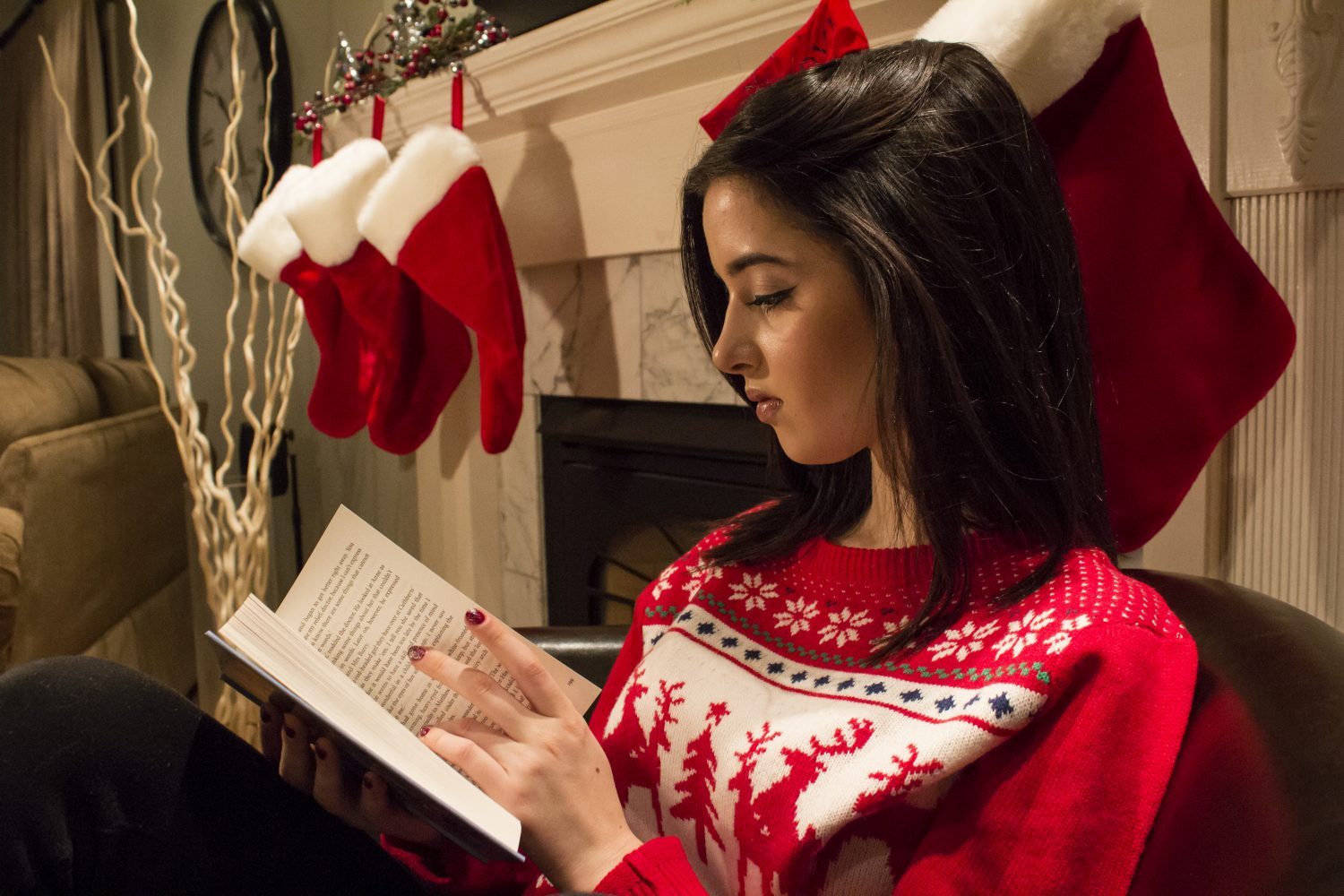Best reads of 2016


Do Not Say We Have Nothing
Madeline Thien
This book, written by Madeline Thien, is the winner of the 2016 Scotiabank Giller Prize and was the finalist for the 2016 Man Booker Prize. Needless to say, it did not disappoint.
In the book, the two main characters, Marie and Ai-Ming, shows us the lives of two generations: those who lived through the Chinese Cultural Revolution and their children, who were involved in the Tiananmen Square protests of 1989.
In the beginning of the novel, Ai-Ming tells the story of how her family lived in Revolutionary China. Throughout the rest of the book, the story focuses on family history, memory and loyalty through times of despair. While Ai-Ming and Marie’s stories are mesmerizing and thought-provoking, the book also takes a look at tragedies and events that took place in twentieth-century China. The novel is pretty complex, but Thien’s words are powerful and keep you interested until the very end.
milk and honey
Rupi Kaur
milk and honey is a collection of poems written by Canadian feminist poet, Rupi Kaur. Kaur’s poems are separated into four chapters and each touches on topics such as abuse, feminism, love and loss. It took me about an hour to read the whole book and after I was done, I originally believed it to be very underwhelming.
However, Kaur’s messages stuck with me. Her thoughts about heartbreak and depression were relatable and I often felt connected to the author with her thoughts on feminism and feelings of loneliness.
This isn’t the best piece of poetry I’ve read, but that doesn’t mean it isn’t good. I actually read it twice over the break.
Kaur’s writing is clear and she doesn’t sugar coat her feelings for the reader.
If you want a piece of literature that makes you feel sad, happy and sullen all at once, I definitely recommend this book.
The Best Kind of People
Zoe Whittall
Written by another Canadian author, Zoe Whittall, The Best Kind of People is a novel about an admired husband and father, George Woodbury, who is arrested and charged for sexual impropriety at a prestigious high school — the very one he teaches at.
While the book begins with his arrest, the author focuses on Woodbury’s wife, son and daughter, who are faced to deal with George’s arrest while their community turns against them.
While I wasn’t pleased with the ending of this book, it was interesting how families of those convicted with sexual assault pick up the pieces after they have been torn apart.
The novel takes a look at modern rape culture and how such cases are dealt with in society.
This book may anger some readers — I was pretty enraged by the end — but I also couldn’t put it down until it was finished.


